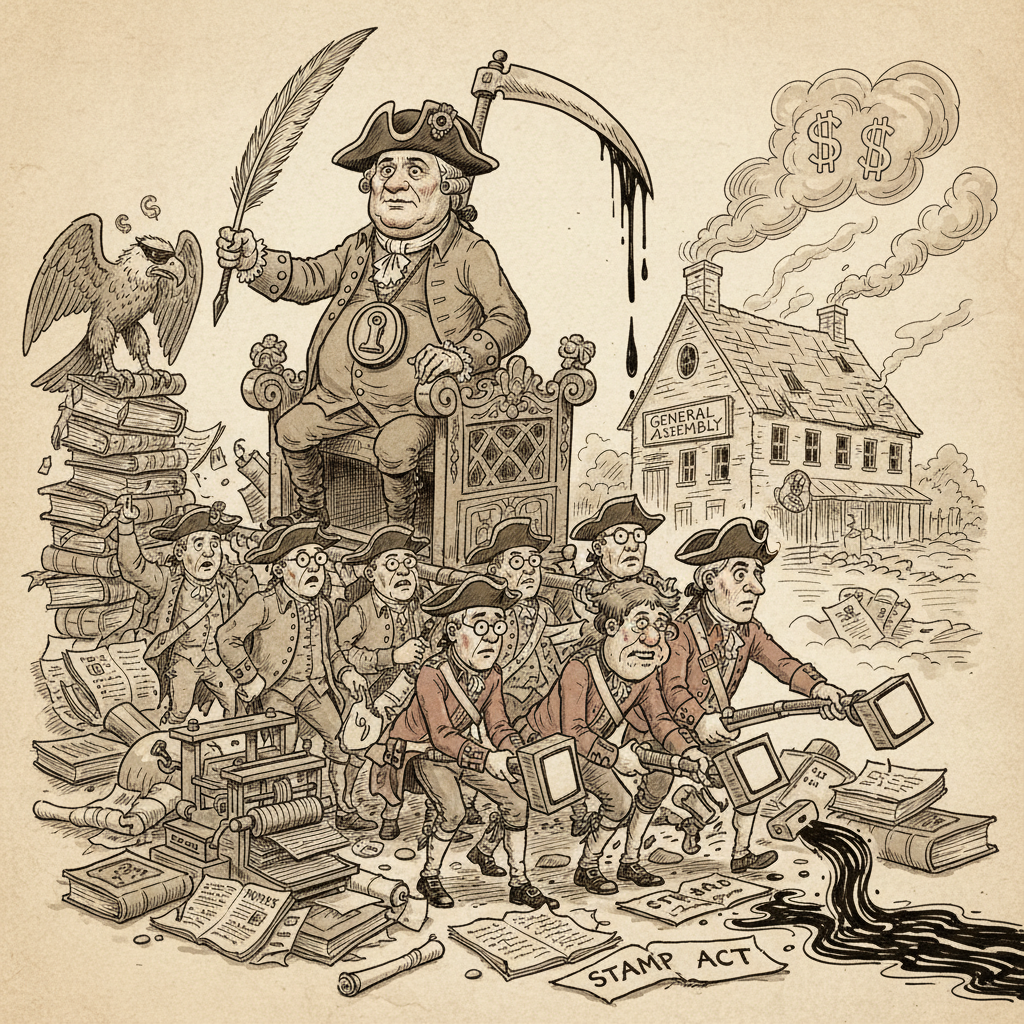The passing of former Vice President Dick Cheney this week, at the age of 84, prompted reflection on a lengthy career that spanned some of the nation's most pivotal political chapters.
Details:
- Former Vice President Dick Cheney, a figure whose career indelibly shaped American foreign policy and executive power, died at 84.
- Full details concerning his consequential actions, policy decisions, and the comprehensive historical context of his legacy were, however, made exclusively available to paying subscribers.
- This modern practice of gatekeeping public knowledge behind a financial barrier re-enacts a familiar historical grievance, transforming vital civic understanding into a commodity.
- The selective dissemination of information by powerful media institutions mirrors the Crown's historical prerogative to control narrative and access, requiring a 'subscription tax' for public record.
Why it Matters:
The commodification of essential public knowledge concerning figures who shaped national destiny is not merely a business model; it is an encroachment on the principles of an informed citizenry. John Dickinson's "Letters from a Farmer in Pennsylvania" articulated colonial alarm at parliamentary overreach in taxation without consent. Today, we observe a similar imposition: a levy on the right to understand one's own history and the actions of those in power. This cultivates an epistemic divide, where comprehensive truth becomes a privilege, not a shared right, echoing grievances that fueled a revolution. This architecture of information scarcity, reserving a full accounting of significant events for a paying few, poses a foundational threat to democratic discourse. It erodes the public's capacity for independent judgment, effectively instituting a form of cognitive taxation. When the apparatus of power determines who sees what, and at what price, the subtle seeds of tyranny are invariably sown, underscoring the perpetual vigilance required to safeguard self-governance.
